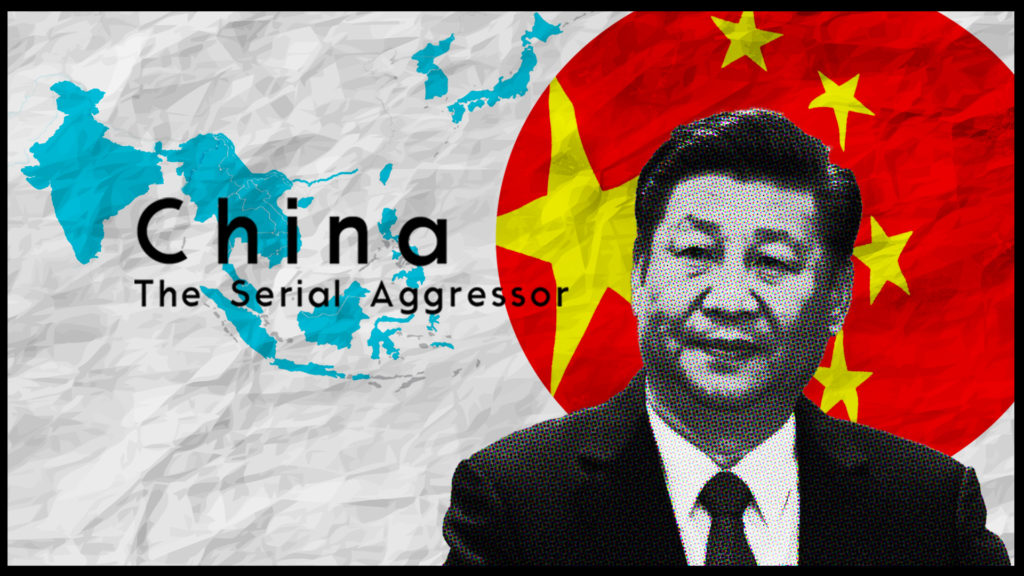NEW DELHI: “China was running a 12 per cent budget deficit even before the coronavirus hit, so even if it doesn’t publicise real figures, imagine how much trouble it’s in post COVID-19,” argues Dr. Salvatore Babones, Global Studies scholar at Sydney University and author. Speaking to StratNews Global Associate Editor Amitabh P.Revi, he warned that “the signs and circumstantial evidence(including abandoning 2020 GDP targets) are there, China is running out of money to fund its global superpower ambitions.” But then why is Beijing opening up so many fronts, from Japan to the Himalayas and Australia to America? Dr Babones says China’s leaders are consumed by western analysts’ and their own false rhetoric on being “better informed and more strategic than the rest of us” adding, “We don’t know their incompetence because they’re not publicly exposed like our leaders.”
Beijing’s grand strategy of dominance through the Belt and Road Initiative(BRI) including the China-Pakistan economic corridor(CPEC) are a “litany of unfulfilled promises and incomplete white elephant projects, from Gwadar to the Balkans, the author argues. “China could of course complete the CPEC, if for example it gave up its efforts in Africa, but internal politics is preventing that” adding to the fund crunch.
Dr Babones points to big defence military spending, including on aircraft carriers and 5th generation fighters being put on hold, furloughed or pushed to the future. China’s fundamental strategic problem, he concludes, is that it faces automatic hostile stabilisers across the globe wherever it tries to expand. That, he says, is because Beijing is not invited in, but bullies, bribes and buys its way in.
Salvatore Babones is an adjunct scholar at the Centre for Independent Studies(CISOZ) and associate professor at the University of Sydney. He is the author of The New Authoritarianism: Trump, Populism and the Tyranny of Experts. Dr Babones has an MS in mathematical sciences and a PhD degree in sociology from the Johns Hopkins University.
The 'Eye' of the story not the 'I' of the story. That's Amitabh Pashupati Revi's credo from the beginning of his professional journey in 1995. From conflicts in the war zones of Afghanistan, Syria, and Iraq to nuances of international politics in the Maldives,Thailand, and South Sudan, Amitabh has reported from all the world's continents, except for Antarctica(so far). Though, he has documented the world's third pole, the Siachen Glacier!
Amitabh reports and produces documentaries on the two-front China-Pakistan threat to India. His ground reports from Arunachal Pradesh and Ladakh have received viewership in the hundreds of thousands. Amitabh has interviewed world leaders, top global analysts, and experts in India, Russia, the United States, and Australia as well. Along the way, he’s picked up the Russian language, the Ramnath Goenka Award for his reporting on the 'Islamic State' terrorist group in Iraq, the Khaled Alkhateb Award for his reporting from Palmyra, Syria, and the UN Dag Hammarskjöld Distinguished Journalist Fellowship. Last but not least, as a founder member of StratNews Global, Amitabh helps lead the reporting, editorial, production, and administration teams at StratNews Global, BharatShakti, and InterStellar on their journey ahead.





